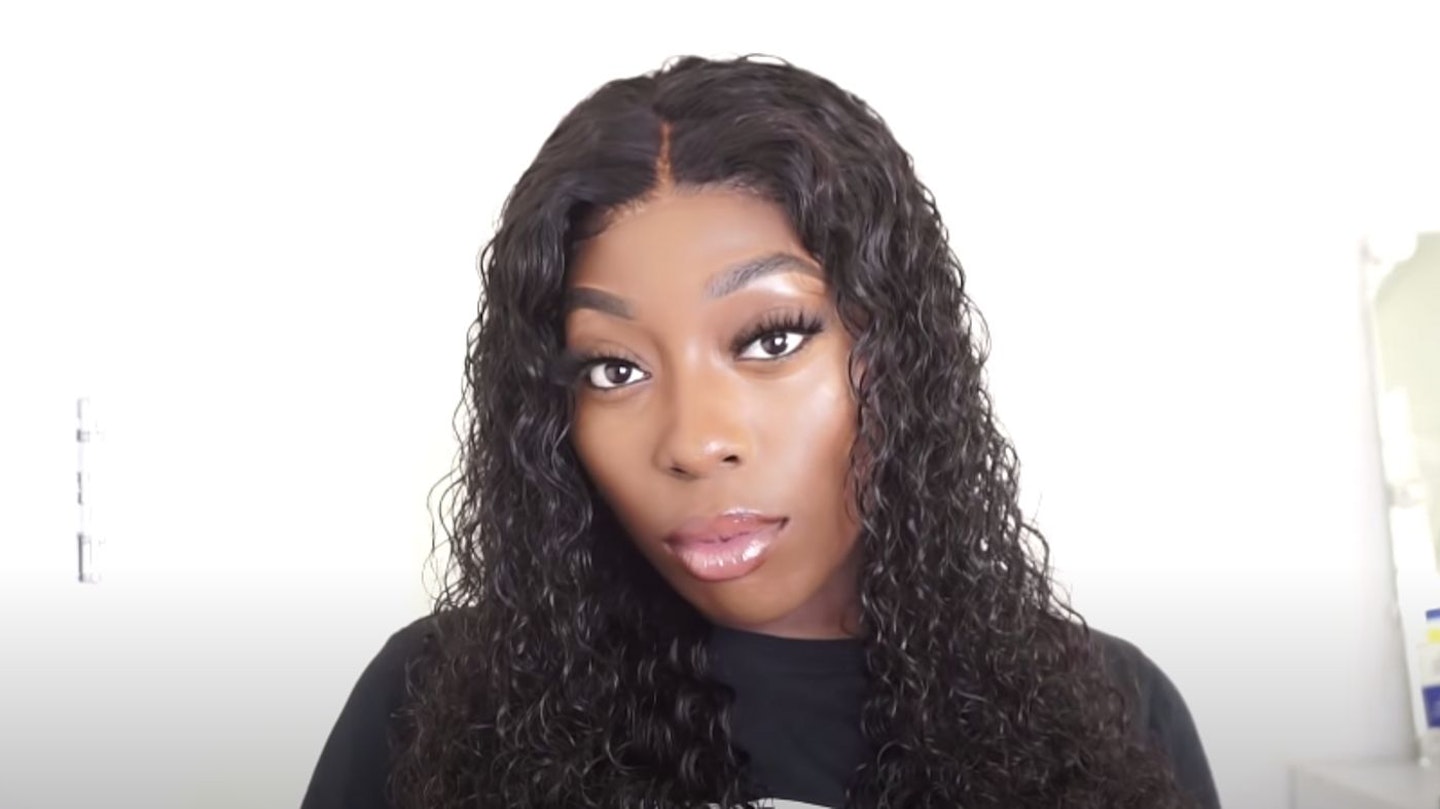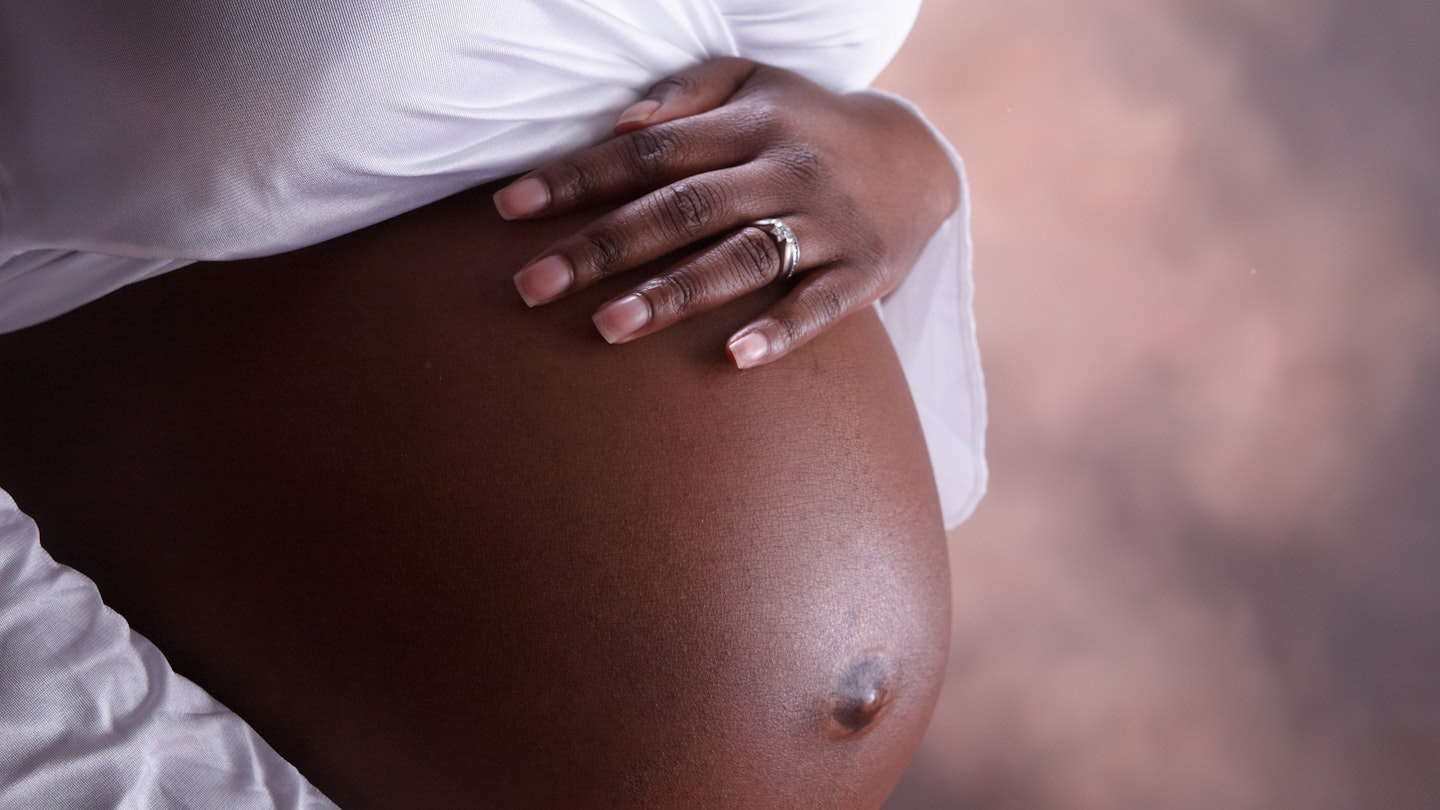Pregnancy and childbirth have always been slightly scary concepts for me. The possibility of constant nausea that can last from morning to night, the long list of potential complications and anxiety that can manifest as a result, searing pain and blood-curdling screams as an entire human being comes out of your vagina - all of it while amazing can sound slightly terrifying.
While those are all fears that echo around many women’s minds, when deciding whether or not to have a child, for Black women like me, there’s an extra layer of fear – that we are statistically, five times more likely to die as a result of complications in pregnancy, than white women. And this statistic worries and concerns me - not just for my own wellbeing but for the Black women I know who are entering into motherhood unaware of the risks that they don’t tell you about.
From a young age, I would frequently say that I didn’t want children - something which is pretty odd to hear from a 12-year-old, I imagine. There was something about the process of creating new life and the potential risk to your own that was always at the forefront of my mind. However, whenever I did say this, I was met with a chorus of adults telling me that I had ‘Nothing to worry about’.
Given what we now know, how accurate were their attempts at comfort - truly?
While I’m not someone who likes to operate on fear, the realities of medical racism, and the struggles that Black expectant mothers can face is something that cannot be ignored.
This week, 24-year-old YouTuber Nicole Thea passed awayat home while eight months pregnant, along with her unborn son Reign - a tragedy which has shaken the world. While it’s important to note that the cause of Nicole’s death is not yet confirmed (though her uncle yesterday said they believed she’d had a ‘massive heart attack’), she was a young Black woman full of life and about to experience the joys of motherhood and she was robbed of that - like many Black women before her and many to come if we don’t highlight the pandemic that is Black maternal mortality.

Earlier this month, 26-year-old Sha-asia Washington died during an emergency c-section after receiving an epidural at Woodhull Hospital, New York City. Washington went into cardiac arrest and while her baby girl, Khloe, was born healthy, her mother's heart stopped and she was pronounced dead after doctors performed CPR for 45 minutes.
Across social media and news outlets, I am confronted with images of pregnant Black women’s mortality with that one statistic ringing in my ear. Yet, with each time it’s reported that Black women in Britain are five times more likely to dieas a result of complications of pregnancy, I feel like it's rarely followed up with an action plan to change or challenge the medical system and acknowledge the racial disparities within it and how that endangers Black women.
The MBRACE report, conducted by a team at the National Perinatal Epidemiology Unit at the University of Oxford, looked into maternal deaths in the NHS from 2015 to 2017. The report, which was published in December 2019, revealed the above statistic and that the main causes of death ranged from heart disease to thrombosis and thromboembolism (blood clots).
Following the release of the report, researchers said that 'understanding these disparities needs urgent research and action' - and I couldn’t agree more.
In a bid to understand these disparities, it’s important to address the elephant in the room that is medical racism. This form of racism expands beyond prenatal care and can impact all aspects of healthcare, under the guise that Black bodies are outside of the norm. This can result in different medical care and treatment for Black people, and like many other forms of racism, it can be both subtle or overt.
This was recently acknowledged by Dr. Jennifer Lincoln, who went viral for her TikTok video about systemic racism in healthcareand how Black patients can be treated differently.
In the video, she recited a disturbing statistic from a 2016 study that showed '50% of medical students and residents who were studied thought that Black people couldn't feel pain the same way because they had thicker skin or their nerves didn't work the same way.'
This toxic and inherent bias can manifest itself in various ways, from Black people waiting longer in emergency rooms to our pain taken less seriously than others.
With all of that combined, you’re left feeling as though pregnancy for Black women could be a potential death sentence in 2020. How can that not lead to anxiety?
As a teenager, I didn’t know the full grasp of what it meant to be a Black woman and combatting the various forms of discrimination that comes with that. I never would’ve imagined that my very presence could result in potential neglect from the people whose job it is to take care of you - but it seems those concerns were legitimate then and they are even more so now.
With each passing article of pregnant Black women who’ve lost their lives, their names and stories remain etched in my memory. After reading one and then another, I often think about how I would best ensure a safe and healthy pregnancy. Would I be in better hands doing a home birth than being in a hospital? Do I have to be super vigilant in ensuring the doctors are going the extra mile to make sure I’m okay and not brushing off my concerns? I imagine these are just a few of the thoughts that all pregnant women or women thinking of having children have - and then it’s tripled with added tax for Black women.
Believe it or not, I got to stage in my early to mid-twenties where those concerns started to dissipate. I took on an ‘It is what it is’ mentality, believing that whatever comes with pregnancy and childbirth is nothing to fear compared to the pot of gold at the end of the rainbow – that it’s well worth the journey.
But more and more Black women aren’t reaching the end of that rainbow with their golden bundle of joy - and this allows space for those concerns I had long ago to weasel their way back in.
With each passing article of pregnant Black women who’ve lost their lives, their names and stories remain etched in my memory.
As I’m officially in my late twenties, thoughts towards children have become more persistent. I’ve found myself having conversations about it with friends and family to get their perspectives on pregnancy and motherhood and I’ve found the dialogue to be useful. I feel like that’s what many of us lacked growing up. Conversations around sex, pregnancy and parenthood rarely happened and when they did, the topics were swiftly acknowledged and then...well, that was it.
I’ve realised it’s important to have these conversations and not to shy away from it. For many Afro Caribbeans, I believe we are often taught to not speak on certain topics - particularly those that are negative - and to keep it under the surface in a bid to not speak it into existence.
But it’s important to address topics like this and have the conversations - conversations that could potentially challenge the inequalities we’re facing and push us to fight for the safety that we deserve.
It’s key that the world does better for Black women. We are exploited for our culture and physical aesthetics, discriminated for just being and dying when trying to create life. As the world continues to wake up to the deep-rooted issues of racism and work to combat that, Black lives - from the ones that exist to the ones we are creating - need to be valued and safeguarded.
While my concerns may have flared up again, on balance, I wouldn’t entirely say it has put me off the idea of having children. I still kinda like the idea of one or two mini-mes running around the world. But what it does is reaffirm my deep desire to protect Black women and ensure that others do too - those who are no longer with us, those that are and those to come.
READ MORE: Pregnant YouTuber Nicole Thea And Her Unborn Son Died After A 'Massive Heart Attack' Say Family
